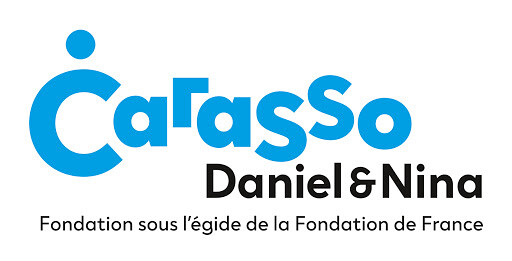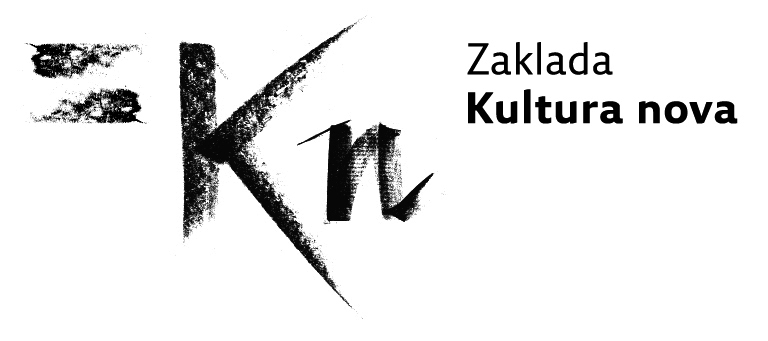Arts and Culture Norway (Kulturdirektoratet)
Arts and Culture Norway considers each application’s emphasis on reduced climate and environmental impact, sustainability and energy efficiency (appropriate, site-appropriate and sustainable solutions in terms of architecture, material use, technology, resource and capacity utilisation), etc.
Creative Scotland
Environmental sustainability is one of six main funding criteria for assessing the applications to the National Lottery Open Fund for Organisations.
Fondazione CRT
The 2023 activity of the CRT Foundation has opened with the Ordinary Call (Bando Ordinarie). The activities and projects presented must pursue some fundamental Objectives (SDGs) and Sustainable Development Targets of the United Nations 2030 Agenda. All activities and projects must be designed in a sustainable way, must be inclusive for all, accessible for all, and value youth work and gender equality. During the evaluation phase, as indicated in the announcement, the CRT Foundation “will pay particular attention and will assign priorities in the selection” to the interventions most in line. All calls for tenders and projects that will be published in 2023 will require the participating entities to clarify focuses and activities consistent with the Sustainable Development Goals (SDGs).
Kone Foundation
Within Kone Foundation’s major funding focuses, environmental responsibility is one of the six general priorities. As stated on the website, responsibility for the environment is also taken into account in projects not related to the environment when awarding grants, especially in the context of travelling. The foundation encourages beneficiaries to avoid flying if possible and to favour low-emission travelling.
“La Caixa” Foundation
The Art for Change programme is an initiative in which art and culture are used to improve society. Based on an annual call, the grant promotes projects with creative processes lead by artists, in which different parts of the community participate, especially collectives in vulnerable situations. Through these initiatives, the foundation wants to help participants to connect with art and culture, and offer equal opportunities and conditions, and thereby contribute to the empowerment of people and groups through an artistic process.
The theme of the programme is not exclusively focused on the environment. However, environment is one of the criteria for funding selection – projects must include an environmental perspective and also indicate which measures will be taken to minimise the negative environmental impact of its implementation.
L’Œuvre Nationale de Secours Grande-Duchesse Charlotte
L’Œuvre Nationale encourages the discovery and promotion of talented artists and creatives. by awarding a cultural prize through non-profit organisations which can also provide beneficiaries with creative spaces, resources and professional support to share their work with the public (for example: communication, promotion, development of knowledge or projects). In addition to formal qualities, L’Œuvre Nationale welcomes any initiative that includes, beyond the artistic component, social or environmental fields, sport and health, memory and heritage, and / or that takes into account the stART-up fund criteria (being under the age of 36).
Nordic Culture Point
Nordic Culture Point uses different criteria to assess grant applications within the Culture and Art Programme, one of which is sustainability. Sustainability is assessed from a social, economic, and ecological perspective. Nordic Culture Point evaluates whether a project promotes inclusion and a diverse representation of the Nordic art and culture scene, whether the project is ecologically sustainable, and whether it contributes to the competitiveness of Nordic cultural and artistic fields. This approach reflects Nordic Culture Point’s commitment to sustainable cultural initiatives.
The DNB Savings Bank Foundation (Sparebankstiftelsen DNB)
Anyone seeking support is encouraged to take sustainability into account and consider sustainable solutions within their projects. In 2022, 90 percent of organisations receiving support from the foundation declared that sustainability was taken into consideration when planning their project. The concept of sustainability includes every dimension of the UN’s sustainability goals (social, environmental and economic). In their final report, organisations must outline the results of the sustainability measures they carried out.
Danish Arts Foundation (Statens Kunstfond)
When assessing applications, project sustainability is often a key consideration. Some calls explicitly include sustainability criteria for evaluation, while others encourage applicants to integrate green sustainability principles into their proposals. These explicit criteria may include various factors, such as ensuring collaboration without exclusive agreements, incorporating multiple activities within residencies, fostering regional tour engagements, long-term planning and network building, using online methods for initial meetings and research, prioritising environmentally sustainable transportation, and optimising scenography freight through transportation mode and material choices.
Visegrad Fund
The mission of the Visegrad Fund is to advance ideas for sustainable regional cooperation in the Visegrad Four and wider Central Europe. Environmental sustainability is an integral component of this mission, as is evident in the long-term support for projects to improve environmental protection. This support includes raising awareness, fostering collaborative solutions among municipalities and local stakeholders, and facilitating joint research and study programmes. Over the past 21 years, the Visegrad Fund has contributed over 3.2 million euros to support more than 200 projects, each significantly impacting the environment. Today, the Visegrad Fund is taking further steps, initiating the concept of “Green Visegrad.” This initiative begins internally, with the entire team embracing measures to reduce waste, transition to digital solutions, and prioritise environmentally friendly modes of transportation in their daily lives. The success of Green Visegrad relies on collective sensitivity to the surrounding environment. The Visegrad Fund invites partners, applicants, and grantees to join in achieving a more substantial positive impact. The Fund stands ready to learn from its stakeholders, offering motivation and support to organise project activities responsible for the benefit of the planet, with a focus on green recommendations. While each project is unique, and the topic of environmental sustainability is complex, the key to success lies in the provided manual and in each stakeholder’s understanding and commitment to environmental messages and warnings.


